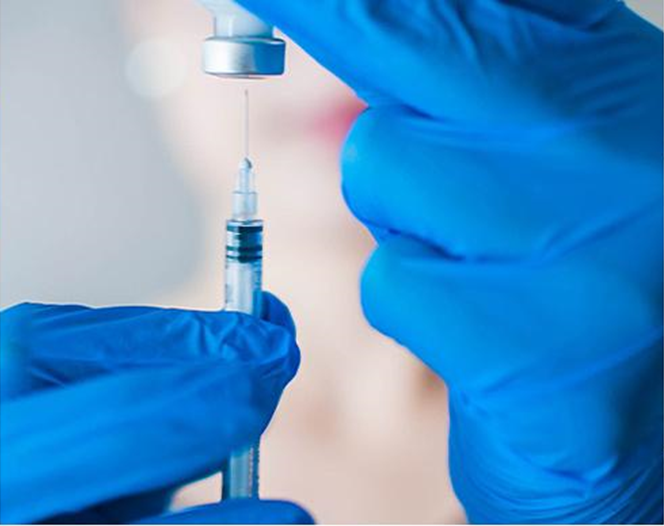Facebook (NASDAQ; FB) is currently focusing its attention on preventing disinformation or interference in the U.S. election using its platform by foreign governments such as Russia.
Former Facebook security chief Alex Stamos warned that the next biggest online threat after the U.S. election on November 3 is COVID-19 disinformation. He said the social media giant needs to turn its attention to this problem.
Currently, the United States and other countries around the world are struggling in preventing the spread of COVID-19. Instead of going down, the number of people getting infected by the disease is going up in recent weeks. Therefore, having a vaccine against the virus is not just a welcome development, but of paramount importance.
In a recent interview with CNBC, Stamos said the U.S. government and technology companies must transfer their efforts into combatting COVID-19 vaccine disinformation after the Nov. 3 election.
“A huge amount of work has gone into this election and we can’t let that work go to waste on Nov. 4 and no longer be making progress on disinformation. And in the U.S., the most critical will be around Covid and vaccines, which we’ll start to see hopefully come out next year. The most important disinformation campaigns will be about Covid, ” said Stamos, who now helms the Stanford Internet Observatory.
“Everyone at Facebook can take the day off after the election and then on Nov. 5, they need to get back to work at deploying the exact same responses we saw to election disinformation,” Stamos said. He also added that it is critical that the social media giant and other companies maintain a war room against COVID-19 vaccine disinformation.
According to him, news organizations need to join hands in the battle against fake news by getting the headlines right and prevent the spread of misinformation.
Stamos added, “We need to allow scientists to do their jobs and measure the risk, and look at all of the details, and the vaccine issue has become a geostrategic issue…There could be a great amount of interest in saying other companies’ vaccines are bad.”
Take note that China and Russia are also developing their own COVID-19 vaccines. Both countries are attempting to position themselves in front of the race to release a vaccine for the disease and attain global influence.
A growing sentiment of vaccine distrust among Americans
Furthermore, Stamos said while there is a lot of conflicting information and complication surrounding vaccines, “We need information centers equivalent to what we had running for the election.”
“Facebook should set the goal of four million people getting vaccinated that wouldn’t otherwise, just like they registered four million,” added Stamos.
There is reason to be concerned about vaccine distrust given a recent Pew Research survey showing about half of US adults would not get a COVID-19 vaccine if it was available today. That’s a staggering plunge from the 72 percent in May who said they would get vaccinated.
What made things worse was the postponement of vaccine trials by two major drug manufacturers over safety issues.
The anti-vaccine movement is not something new, though. In fact, the World Health Organization (WHO) listed “vaccine hesitancy” as one of the top-ten threats to global health.
“The reasons why people choose not to vaccinate are complex; a vaccines advisory group to WHO identified complacency, inconvenience in accessing vaccines, and lack of confidence are key reasons underlying hesitancy,” WHO said in its report. “Health workers, especially those in communities, remain the most trusted advisor and influencer of vaccination decisions, and they must be supported to provide trusted, credible information on vaccines.”
—————————————-






